- micro publisher - webzine - 'you-choose' novels WIP - submit your writing - submit your art - writing inspo - publish with us!https://borderlandsmedia.carrd.co/
Don't wanna be here? Send us removal request.
Text
50 Character Personality Traits + Meanings (For writers, worldbuilders, and artists) Part 1
Adventurous - Enjoys trying new experiences and exploring the unknown.
Ambitious - Driven to succeed and achieve their goals.
Analytical - Tends to think critically and examine things in-depth.
Artistic - Highly creative and expresses themselves through artistic mediums.
Assertive - Confident in expressing their thoughts and feelings.
Caring - Shows compassion and concern for the well-being of others.
Charismatic - Has a natural charm and appeal that draws people in.
Clever - Able to come up with creative solutions and make astute observations.
Compassionate - Displays empathy and a desire to help those in need.
Confident - Believes in their own abilities and is self-assured.
Conscientious - Reliable, responsible, and attentive to detail.
Curious - Eager to learn new things and explore the world around them.
Cynical - Tends to be skeptical and distrustful of others' motives.
Dependable - Can be counted on to follow through on their commitments.
Determined - Persistent in pursuing their goals and overcoming challenges.
Diplomatic - Skilled at navigating social situations and resolving conflicts.
Eccentric - Displays unconventional or unusual behaviors and interests.
Empathetic - Able to understand and share the feelings of others.
Ethical - Guided by a strong moral compass and a sense of right and wrong.
Extraverted - Enjoys being around people and draws energy from social interactions.
Flexible - Adaptable to changes and open to trying new approaches.
Forgiving - Willing to let go of past hurts and give people second chances.
Friendly - Approachable and enjoys building positive relationships with others.
Grounded - Practical, down-to-earth, and focused on the present.
Hardworking - Diligent and dedicated in their efforts to achieve their goals.
Honest - Values truthfulness and integrity in their words and actions.
Idealistic - Driven by a vision of how the world should be and a desire to make a difference.
Imaginative - Possesses a rich inner world and creative problem-solving abilities.
Independent - Prefers to think and act for themselves without relying on others.
Indecisive - Struggles with making decisions and often second-guesses themselves.
Introverted - Finds energy and fulfillment in solitary activities and introspection.
Jealous - Experiences feelings of resentment or insecurity towards others.
Kind - Gentle, considerate, and thoughtful in their treatment of others.
Leaders - Able to inspire and guide others towards a common goal.
Logical - Approaches problems and decisions through a rational, analytical lens.
Materialistic - Highly values the acquisition of possessions and wealth.
Organized - Maintains order and efficiency in their personal and professional life.
Perfectionistic - Strives for flawlessness and can be overly critical of themselves and others.
Pessimistic - Tends to focus on the negative aspects of situations and expect the worst.
Resilient - Able to bounce back from setbacks and adapt to changes.
Risk-taker - Willing to take chances and step outside of their comfort zone.
Sarcastic - Uses irony and witty remarks to convey their thoughts and feelings.
Sensitive - Deeply affected by the emotions and experiences of themselves and others.
Stubborn - Unwilling to change their mind or compromise on their beliefs and opinions.
Suspicious - Inclined to doubt the motives and intentions of others.
Thoughtful - Considerate of the impact their words and actions have on others.
Timid - Shy, reserved, and hesitant to take risks or assert themselves.
Trustworthy - Reliable, honest, and worthy of confidence.
Unpredictable - Displays an element of surprise and spontaneity in their behavior.
Witty - Possesses a quick, clever, and humorous way of expressing themselves.
Hey fellow writers! I'm super excited to share that I've just launched a Tumblr community. I'm inviting all of you to join my community. All you have to do is fill out this Google form, and I'll personally send you an invitation to join the Write Right Society on Tumblr! Can't wait to see your posts!

4K notes
·
View notes
Text
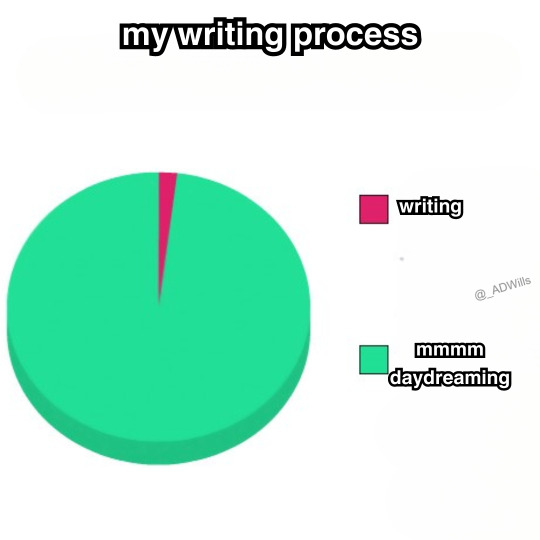
33K notes
·
View notes
Text

#booktok#publishing#webcomic#writing#zine#oc#oc trivia#original character#character building#world bio#world building#dungeons and dragons#author
0 notes
Text
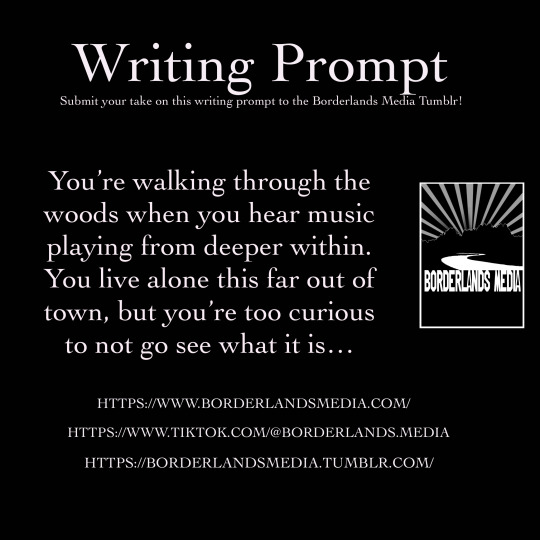
#booktok#publishing#webcomic#writing#zine#thriller#mystery#horror prompts#writing prompt#prompt#author#TikTok#independent#book#series#novel#oc#oc trivia#original character
0 notes
Text

#booktok#webcomic#publishing#writing#zine#inspo#writing inspiration#writing inspo#writing process#oc#oc trivia#original character#author#independent#micro publisher#submissions#submit something
0 notes
Text

#booktok#publishing#webcomic#writing#zine#micro publisher#independent#original character#oc#oc trivia#writing prompt#prompt#TikTok#tok#warrior cats#thriller#mystery#sara j maas
1 note
·
View note
Text

#booktok#webcomic#publishing#zine#writing#author#writing inspo#warrior cats#percy jackson#sarah j maas#oc#original character#oc trivia#inspiration#independent#novel
0 notes
Text
Words to Limit in your Final Draft
(None of this advice really applies to dialogue. If it’s in your character’s voice, they can use whatever words they like!)
Suddenly
This one usually makes people’s list for things to cut. “Suddenly, the door opened.” Turns into, “The door slammed open.”
As always, we want to make the readers think wow that was sudden! Instead of just telling them so.
Saw/Heard + Felt
I already explained this in my post here!
Seemed
There’s a use for seemed in writing when your character is surprised, assuming, or guessing at something. “It seemed impossible.” “The noise seemed to travel for miles.” Etc.
However, when guessing at someone’s emotions—or a group of people—it’s better to just describe what those people look like. So “He seemed happy” turns into, “he grinned, bouncing on his feet.”
Really/Very
Instead of “The really big house” try, “the huge house.” Or “His hair was very dark.” Turns into “His hair was inky black.”
That
If you can take ‘that’ out of a sentence, it usually is stronger than if you don’t. “It was the best cake that she’d ever had!” turns into “It was the best cake she’d ever had!” It reads a bit less clunky.
Then
Then can be used sometimes, but it’s one of those words that’s easy to overuse. To cut out a lot of your ‘thens’ you can replace them with “and” such as, “He left the house, then got into the car.” Turns into, “He left the house and got into the car.”
Down/Up
“He sat down” is redundant. “He sat” means the same thing. Same with “She stood up.”
I chose the ones I find the most important, but there’s tons of other words that can be unnecessary or bog down your prose. Let me know which ones I missed! Good luck!
#writing#creative writing#writers#screenwriting#writing community#writing inspiration#books#film#filmmaking#words to cut#writing advice#words to limit in your final draft#list
717 notes
·
View notes
Text
The Role of Parents in YA
YA is typically characterized by characters who are… well, young adults. Some would consider characters being 18+ as its own genre of New Adult, I may argue that but nevertheless, young people typically live with or are at least frequently interacting with their parents. So here’s what to do with them:
1. Antagonists
I don’t mean your protagonist’s parents have to be bad people, or even dislikable at all, but often times parents have the ability to limit or discourage a character’s actions (for better or for worse). They won’t let their kid out past midnight so your protagonist has to sneak out, they tell them not to see Character B anymore, they encourage them to focus on their studies rather than go on the adventure they’re on.
Parents can act as minor antagonists who provide some conflict and adversity to your protagonists.
2. Backstory
Okay this is basically true whether the parents are in the picture or not, but family life is a huge part of backstory for your YA characters as they probably don’t have 30 years of work and life experience. How the character’s parents shaped their childhood is a big part of their backstory.
If the parents are absent in the story, consider why they aren’t fully in the picture, and how that impacts your character.
3. Goal
Parents are often a good place to look for internal goals in characters. Many can relate to wanting to make their parents proud, or prove them wrong, or rebel, or support them, or follow in their footsteps. Parents can be the object of character goals that drive your protagonist through their journey.
4. Allies
Like they can provide adversity, parents can also provide support. Think of Moana’s parents in the Disney movie… Moana. Her dad is an antagonist and tries to keep her on the island, her mom is an ally and supports her in leaving for her quest. Often parents can be that extra boost that protagonists need to get out of the house and get going on their destiny.
Good luck!
#writing#creative writing#writers#screenwriting#writing inspiration#writing community#books#film#filmmaking#writing advice#writing parents#the role of parents in YA#YA books
328 notes
·
View notes
Text
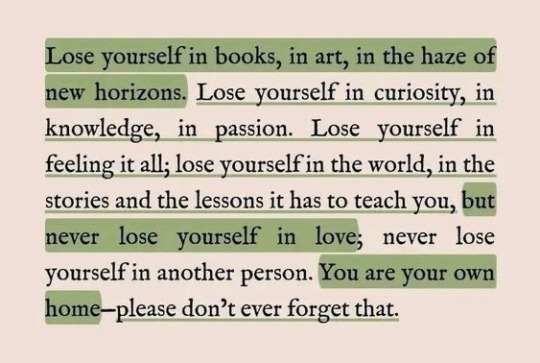
How to __ and Other Writing Tips
↳ a masterpost for informational writing prompts and other tips for writers

How to Write __:
How to Write Nightmares and Sleep Paralysis
How to Write a Monster
How to Write a Good Villain
How to Write a Panic Attack
How to Write Dialogue for a Stuttering Character
How to Write a Character with an Eating Disorder
How to Write a Character with a Prosthetic
How to Write a Character that has been Poisoned
How to Write an Unreliable Narrator
How to Describe __:
Different Ways to Describe Fear
How to Describe Facial Expressions
How to Describe a Character's Speech
How to Describe Emotionally Distant Parents
Other:
What to Do With Too Much Dialogue
Ways for Characters to Get to Know Each Other
#writing prompts#creative writing#writeblr#writing help#how to write#writing advice#writing tips#writing tools#writing resources#writing characters
4K notes
·
View notes
Text

#booktok#publishing#webcomic#writing#zine#oc#original character#writers on tumblr#writing inspo#inspiration#author#book#novel
0 notes
Text
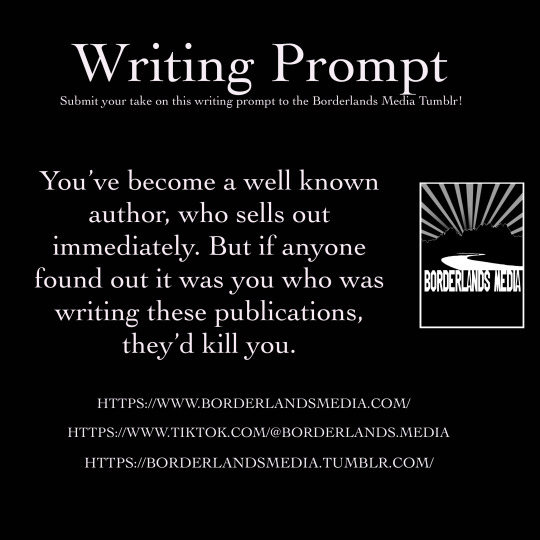
#booktok#publishing#webcomic#writing#zine#author#writing prompt#prompt#inspo#author inspo#oc#oc trivia#original character#warrior cats#thriller#mystery#percy jackson#sara j maas
9 notes
·
View notes
Text

#booktok#publishing#webcomic#writing#zine#writing prompt#writers on tumblr#writing inspiration#original character#oc#oc trivia
1 note
·
View note
Text

#booktok#publishing#webcomic#writing#zine#writers on tumblr#writers and poets#writing inspiration#oc#original character#font#editors
1 note
·
View note
Text

#booktok#publishing#webcomic#zine#writing#author#writing inspo#inspiration#author inspo#oc#oc trivia#original character
1 note
·
View note
Text
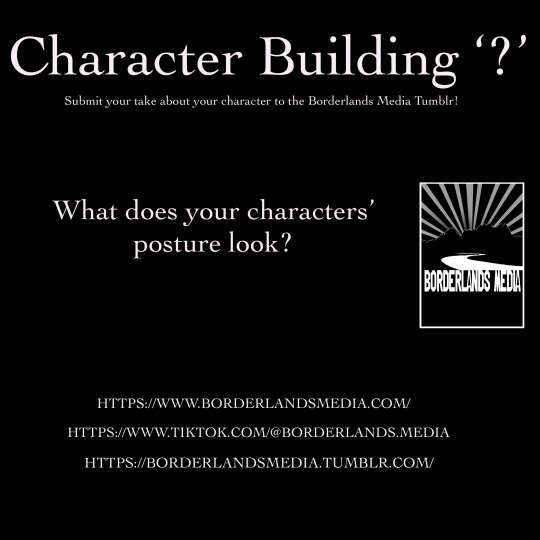
#booktok#publishing#webcomic#writing#zine#oc#oc trivia#author#independent#submission#trivia#orginal character#character
1 note
·
View note
